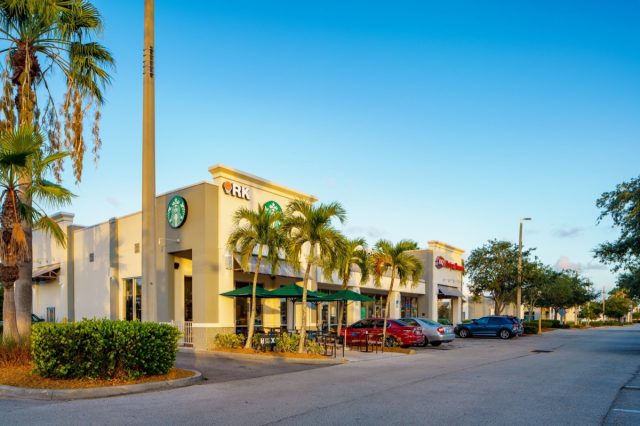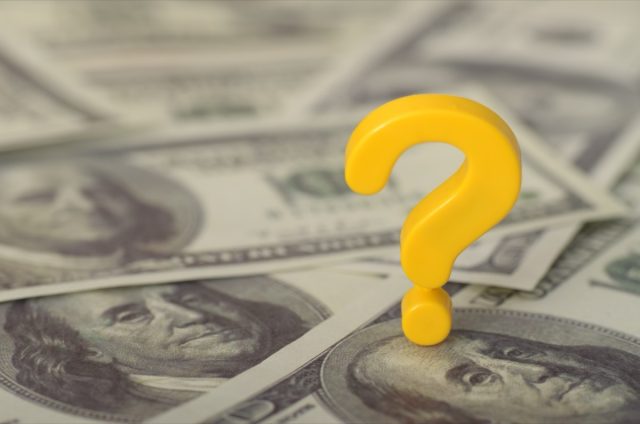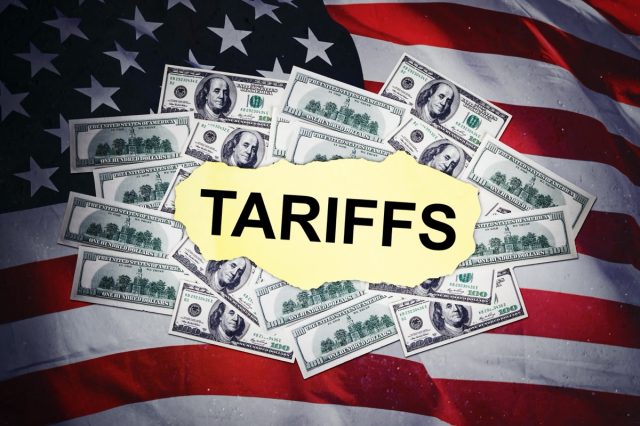7 Ways the China Tariff Deal Still Hurts Your Wallet

The U.S.–China trade war is thawing out, with both countries agreeing to temporarily reduce tariffs for 90 days. According to the joint statement, the US will temporarily lower its overall tariffs on Chinese goods from 145% to 30%, while China reduces taxes on American imports from 125% to 10%. While this signals a welcome development for importers and exporters, for consumers, it’s far from a complete solution. In fact, it is unlikely that prices on many items will drop anytime soon. Here are seven ways the China tariff deal still hurts your wallet.
Retailers Are Passing On Old Tariff Costs

During the height of the tariff war, some companies were stocked up on goods at the 145% tariff rate and were forced to pass the price increases on to customers. Despite the lower tariffs, they’re trying to recoup costs by keeping prices high, even as tariffs drop.
Groceries Remain Inflated

It is unlikely that the price of groceries will drop anytime soon. Produce, seafood, and packaged food prices are still high from months of supply pressure, and prices will take a while to adjust. Additionally, many of these price hikes are due to products imported from countries other than China, which are still facing steep tariffs.
Shipping Prices Are Surging

Shipping prices are still expensive and will likely increase with demand. Companies will likely rush to import during the 90-day window in case negotiations go awry, creating a spike in freight and container costs. That added cost will likely trickle down to consumers, at least temporarily.
No Long-Term Certainty for Businesses

Until negotiations are finalized, businesses may be conservative and keep prices higher. The current negotiation period is 90 days; some are uncertain whether it will last.
Many Tariffs Were Never Repealed

The 90-day deal lowers only specific tariffs, including those imported and exported between the United States and China. All other increased tariffs impacting other countries are still in place, so prices are unlikely to budge.
Consumers May Face Shortages

This 90-day reprieve will likely result in a surge of demand, especially for those skeptical that a permanent deal will be made. Due to rapid restocking efforts, ports and warehouses could become overloaded with products, leading to temporary delays. Lower stock would result in rising prices, or at least no reprieve, for in-demand items like electronics and seasonal goods.
Inflationary Momentum Is Hard to Reverse

Tariff relief will not have an immediate impact on prices. Inflation takes time to slow, as inflationary momentum is hard to reverse. Once prices increase, they tend to stay elevated. Also, it will take some time for labor, fuel, and packaging costs to come down, so we will have to wait for the trickle-down effect.